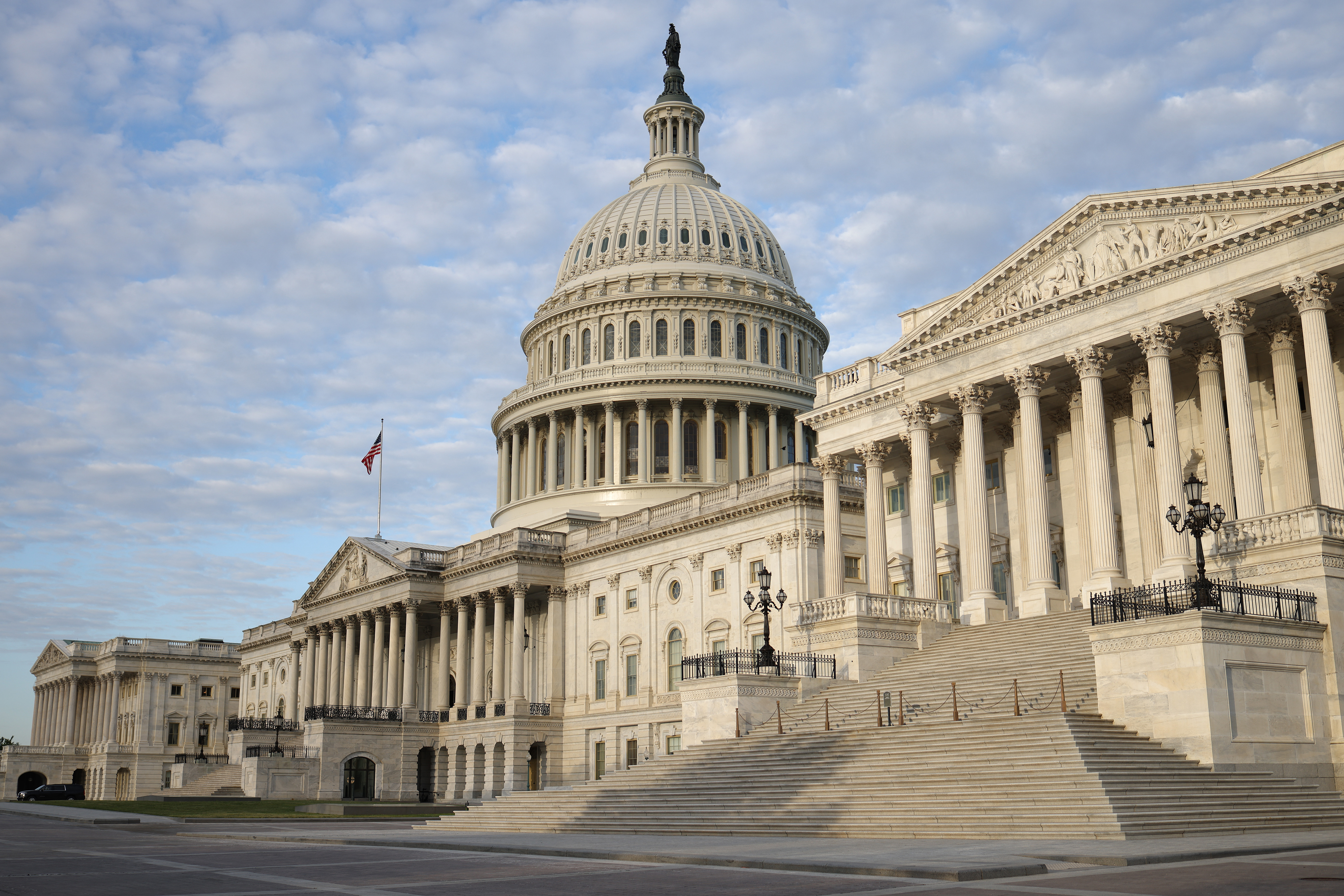

For Black people, Juneteenth is a celebration of liberation, ancestral connection and the continuing fight for freedom at the federal level. After a year beleaguered by an unparalleled moral reckoning, the observance of Juneteenth took on a greater meaning and furthermore entered the national spotlight as an avenue to publicly declare solidarity with the movement against injustice. The Senate has now unanimously voted to recognized the centuries-old commemoration within the Black community as a federal holiday.
Today, the House will take up legislation to make #Juneteenth a federal holiday. I thank @JacksonLeeTX18, @SenMarkey, and @JohnCornyn for their leadership in advancing this important measure.
I look forward to bringing this bill to the Floor, and urge bipartisan support.
— Steny Hoyer (@LeaderHoyer) June 16, 2021
In the past, the legislation received pushback from Wisconsin Republican Senator Ron Johnson citing concerns of the paid day off for federal employees costing US taxpayers hundreds of millions of dollars. “Although I strongly support celebrating Emancipation, I objected to the cost and lack of debate,” said Johnson in a statement, per CNN. “While it still seems strange that having taxpayers provide federal employees paid time off is now required to celebrate the end of slavery, it is clear that there is no appetite in Congress to further discuss the matter.” The bill is being ushered to the House today for a final vote before it’ll move to President Joe Biden’s office to officially be signed into law. In a tweet earlier today, Majority House Leader Steny Hoyer wrote, “I look forward to bring this bill to the Floor, and urge bipartisan support.”
We didn’t ask for a Juneteenth to be observed as a national holiday, we wanted an end to police violence.
— zellie (@zellieimani) June 16, 2021
In spite of Congress’ avidity to pass the bill into law ahead of Saturday’s inaugural festivities, many feel that the bill is a performative measure for a community that still feels as if Biden’s campaign promises to the Black community have yet to be fulfilled. Community organizer Zellie Imani wrote to Twitter, “We didn’t ask for a Juneteenth to be observed as a national holiday, we wanted an end to police violence.” Derek Chauvin’s upcoming sentencing for the murder of George Floyd (a once-in-a-lifetime police conviction) and the current opposition to teaching Critical Race Theory in America’s academia contextualize the fueling conversation of Congress’ inability to truly bolster progressive legislation. Echoing these sentiments, essayist Candice Marie Benbow wrote, “We asked for extensive voting rights protections, defunded police departments w/ resources reallocated to education, job training & other essential & underfunded areas, criminal justice system overhaul and reparations.”














